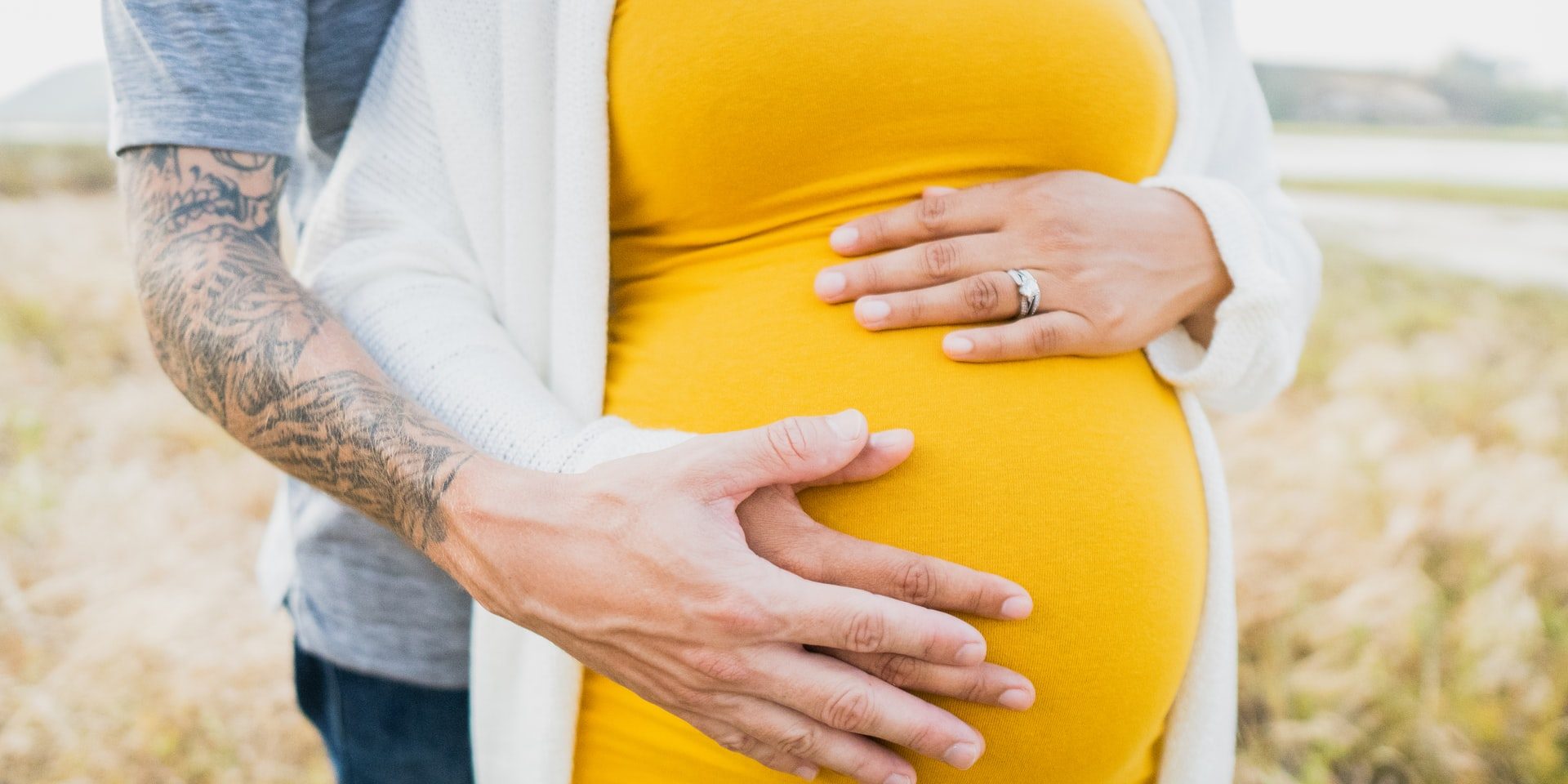What is constipation?
Constipation is the infrequent passage of stools, hard stools or the inability to evacuate without prolonged straining. Regular emptying of the bowel at least once a day is necessary for optimum health.
Normally when you eat and the food passes into your intestines, the filling of the colon and consequent distension of the walls should trigger a wave of peristalsis (gut wall contractions) through the colon and result in passing a stool.
The function of the large intestine is to reabsorb water from the faecal matter so the stool is solid rather than liquid. This is essential for the maintenance of the body’s fluid balance.
If the time taken for food to pass from the mouth to the anus is prolonged the stool dries out and becomes harder to pass. Dried faecal matter can become backed up in the colon. This results in greater straining necessary to pass a stool; more painful evacuation with an increased likelihood of haemorrhoids, anal tears and fissures; increased flatulence and bloating; increased resorption of toxins and other substances (oestrogen, cholesterol etc.) from the colon; increased risk of developing diverticular disease or diverticulitis and other inflammations of the bowel.
Constipation in Pregnancy
There are many causes of constipation one of which is pregnancy. Constipation during pregnancy can be a common complaint with up to half of pregnant women experiencing constipation. The 3 main reasons for this are hormonal, dietary and supplements and other medications.
During pregnancy there is an increase in the hormone progesterone, which relaxes the smooth muscles throughout the body, including the digestive tract. This leads to food passing more slowly through the intestines. The problem may be compounded later in the pregnancy by the increased pressure of the growing uterus and baby on the intestines.
Some iron supplements, especially high dose, can also make constipation worse during pregnancy as can certain drugs such as non-steroidal anti-inflammatories, diuretics and antidepressants.
Diet plays a huge role in constipation. A diet high in refined flour products such as pasta, bread, cakes and pastries or refined white rice have lost most or all of their fibre. This makes it harder for the normal peristalsis to move the faecal matter through the gut. If you are not drinking enough water the body will increase the resorption from the faecal matter and make the stool drier.
Other causes of Constipation
– Lack of exercise or movement due to lifestyle, ill health or convalescence.
– Exercise massages the gut area and is a great stress reliever; all good for better digestive health.
– Stress, emotional, physical or mental. When the body is under stress, the hormones released actually reduce the blood flow to the abdominal organs and shut down gut function. This causes or compounds existing constipation.
– Long-term use of laxatives, as these give the bowel a very strong stimulus to contract. Over time the gut walls become progressively more relaxed, effectively forgetting how to work and respond to the more gentle and subtle stimulus of wall distension.
– Poor liver and gall bladder function. The liver excretes bile, which is necessary for the digestion of fats, it promotes the gut wall to contract and as a result is a natural laxative.
– Long-term failure to respond to the urge to pass a stool. This causes the faecal matter to build up in the colon (large bowel) and the bowel becomes effectively lazy. It looses the ability to respond to the normal triggers for passing a stool so you have to strain a great deal more.
– Other causes include: disruption of appropriate bowel flora, inflammatory bowel disease, hypothyroidism, ageing, diabetes, kidney disease, spinal cord disorders and lactose intolerance.
What can you do to help with constipation during pregnancy?
Diet – what to avoid:
– Tea, coffee and alcohol as they are diuretics and reduce nutrient absorption.
– High sugar content foods as they disrupt the balance of bowel flora
– Refined carbohydrates
What to increase:
– Fibre both soluble (high in beans oats, barley, broccoli, prunes, apples and citrus fruits) and insoluble (indigestible parts of foods – skin of fruits and vegetables, whole grains and fibrous vegetables).
– Fruit – apples, kiwi, rhubarb.
– Fibrous vegetables – celery, carrot, parsnips, jacket potatoes, pumpkin skins.
– Dried beans, nuts and seeds – linseeds, pepitas in particular.
– Whole grains, oats, barley, brown rice.
– Tofu.
– Chia seeds – soak 2 teaspoons in ½ cup of water over night and then spoon onto cereal.
– Water: at least 2 litres per day – lemon juice in warm water will stimulate digestive juices.
– Yoghurt, which contains live cultures of Bifido bacteria and is sugar free.
– Herbal Teas: choose from lemon balm, peppermint, chamomile, fennel, roasted dandelion root tea, ginger root.
– Take a good quality probiotic and/or slippery elm powder. Other nutrients that can help with constipation are vitamin C, magnesium and calcium.
Lifestyle
- Never repress the urge to defecate and sit on the toilet at the same time every day, preferably immediately after breakfast or exercise.
- Drink plenty of water.
- Eat slowly, chew well in a calm environment.
- Exercise daily, even if it is for only 20 minutes.
- Eat meals at a regular time every day.
- Massage your abdomen, whilst lying down with your legs bent at the knee, for 5 minutes before getting out of bed. Start at the lower right side, move around your abdomen in a clockwise manner with the palm of your hand, pressing firmly. This helps promote peristalsis.
Also try reflexology, foot massages over the foot arches in a clockwise direction. Also osteopathy can be very helpful.
Nicole Haak is an experienced Melbourne Naturopath whose gentle approach and warm nature enable her to be an empathetic and supportive practitioner who takes a genuine interest in her clients’ needs. She has a deep passion for what she does. This is evident by her holistic approach to helping her patients find solutions to their health concerns and improve their quality of life.
Nicole has a special interest in natural fertility and support during pregnancy. Call the clinic today for a 10 minute complimentary chat.







